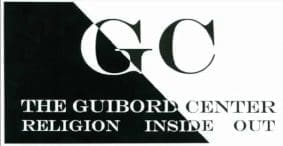Many passages in the Torah adjure us to open our eyes and act responsibly and with compassion toward the world around us. Among other ecological mandates, the Torah proclaims the laws of bal tashchit (neither to destroy wantonly, nor waste resources unnecessarily); prohibits cutting down fruit trees surrounding an enemy city in wartime; lays out laws of covering excrement and removing debris from public places; and so forth.
In doing so, the scriptures show that although we may feel at odds with nature, having to struggle to survive, in truth the world forms a potentially harmonious whole in which each element is precious.
Every creature shares a collective destiny with every other creature. Thus, our fundamental attitude should be one of compassion, not greed or aggression. This ethic applies toward all levels of creation: the “silent” or mineral level, plants, animals and humans. Jewish sages warn against treating food disrespectfully. It is written, ‘You have formed them all with wisdom’ (Psalms 104:24). Just as the Supernal Wisdom, who created all things, despises nothing, we also should show compassion to all of the Holy One’s creation.
Judaism holds a G‑d-centered view of the universe, rather than human- or nature-centered. The kinship of all creatures, and their shared mission of each serving G‑d in its own way, is often compared to a cosmic song. As Jews recite during the Sabbath prayers, “The soul of every living being shall bless Your Name . . . All hearts shall revere You, and every innermost part shall sing to Your Name.”
“If you are amazed at how it is possible to speak, hear, smell, touch, see, understand and feel—tell your soul that all living things collectively confer upon you the fullness of your experience. Not the least speck of existence is superfluous; everything is needed, and everything serves its purpose. ‘You’ are present within everything that is beneath you, and your being is bound up with all that transcends you.”
—Rav Avraham Yitzchak Kook (1865–1935), Ashkenazic chief rabbi of pre-state Israel and a leading 20th-century thinker

